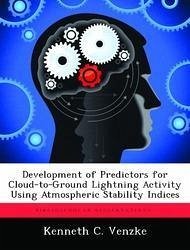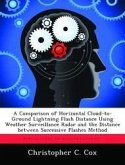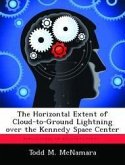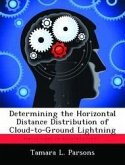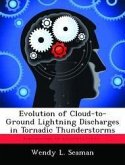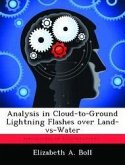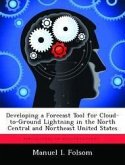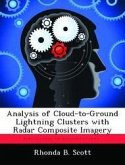A detailed examination was performed on several commonly applied atmospheric stability indices and lightning activity from 1993 to 2000 to determine the indices usefulness as predictive tools for determining cloud-to ground lightning activity. Predetermined radii of 50 nautical miles around upper-air stations in the Midwest U.S. were used for the lightning summaries. Also explored is an improvement upon the commonly accepted thresholds of the stability indices as general thunderstorm indicators. An improvement was found and new threshold ranges were developed for relating stability index values to lightning occurrence. Traditional statistical regression methods failed to find a significant predictive relationship. By examining new techniques of data analysis, it was found that the detection and classification abilities of decision trees derived from the data-mining field best served the purposes of this study. Decision trees were examined on the large available database and significant results were found, resulting in the development of a lightning forecast tool for both the probability of lightning occurrence and its intensity. The predictive ability of the decision trees used in this study for lightning detection often exceeded 80-90% for most locations with a high degree of confidence. The most significant features of the decision tree results were formulated into a forecast prediction tool with summary results for each location analyzed. These are specified both graphically and textually in a user-friendly format for forecasters to use as a "ready to use" predictive tool for forecasting lightning activity. The results of this study using classification and regression trees were significant enough to implement immediately as a forecast tool for the operational weather forecast environment. Appendix A of this study is written as a "ready-to-use" forecast tool for weather forecasters.
Hinweis: Dieser Artikel kann nur an eine deutsche Lieferadresse ausgeliefert werden.
Hinweis: Dieser Artikel kann nur an eine deutsche Lieferadresse ausgeliefert werden.

